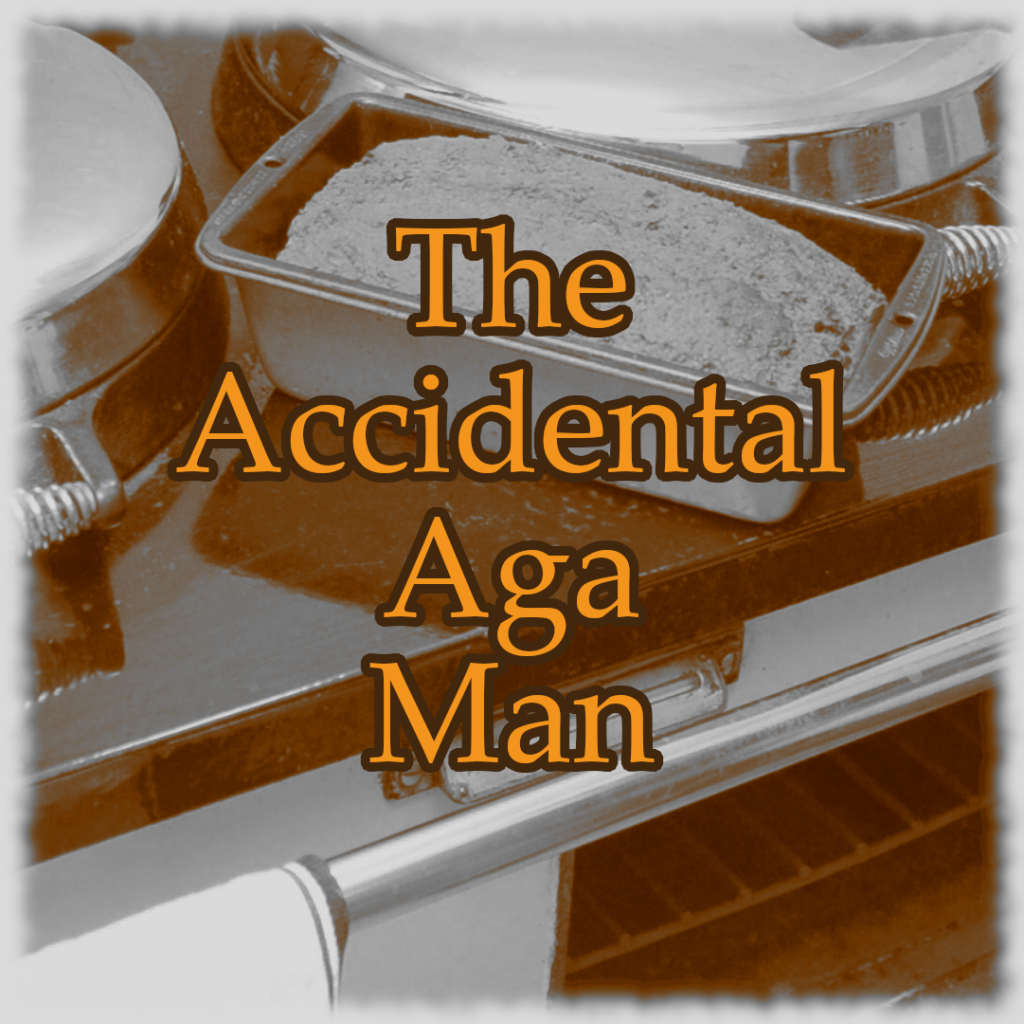
An Aga which dates back to the ark is the culinary equivalent of the Morris Minor to modern motoring; there is a sentimental overestimation of its capacities. Don’t get me wrong, the Morris Minor was a great car, for its time. However, it was also slow, clunky, and unresponsive. The Aga, back then, was a bit the same. Especially my mother’s, which landed in her kitchen when the venerable Morris was still in production.
Before the romance of the thing gets to you, remember that my mother’s heavyweight-of-the-kitchen comes with a mercury thermometer (a device so vague as to be practically useless.) Its modern successor comes with an electronic control panel. You have precious little control over the older cooker. Therefore, even if the bar of mercury indicates a nice, hot oven, right now, there is no telling when the silver strip will shrink to almost nothing. In ten minutes, the Aga can turn from a heat-hero, to an arctic-anarchist who intends to ruin your best laid dinner plans. I swear the thing has as many mood swings as a vegan teenager contemplating food labels in the deep freeze aisles of your local supermarket. You must be ever vigilant when cooking. And always bear in mind that the cooker becomes horribly offended when faced with cold-bottomed saucepans. It will take revenge on you should you forget this and be so rude as to place the largest, coldest saucepan from your collection onto its hot plate.
There was a time when I could handle such temperamental tantrums, but the years passed, I moved onto electric cookers; ones with fan ovens, bright lights, and electric thermostats. I spent forty years forgetting about my mother’s Aga, then covid struck and I found myself in lockdown with my ninety-year-old mother and her sturdy, old range. I must admit that we struggled in the beginning. All three of us had to become reacquainted with each other’s idiosyncrasies. It was a steep learning curve – rediscovering my aged-relative’s lifestyle, becoming used to my childhood kitchen once more, and coming to terms with its neolithic cooker. On a difficulty scale, we might be talking about climbing the north face of the Matterhorn.
Our biggest problem at the beginning was our daily bread. Remember the great, covid, bread shortage of 2020? It will, no doubt, go down in the annals as one of the most unnecessary panic buyouts of all times. It was right up there with the great toilet paper run of the same epoch. Panic, isolation, and being grounded led many people to YouTube for salvation. Never were the words ‘how to…’ typed by so many in a mad bid to save their sanity. It didn’t matter which ‘how to…,’ you found salvation in, what dark secret your ‘how to…,’ explored. ‘How to…,’ offered a lifebuoy to keep you afloat in the Covid Sea of Terror in which many people found themselves drowning.
After learning everything you needed to know about applying nail polish, or playing the ukulele, I’m willing to bet that everybody looked up ‘sour dough’ on the internet; if only to understand what all the fuss was about. I resisted, the Aga was presenting enough challenges for me on the Soda Bread front, without having ferments living in my fridge, getting up to God knows what when the light went out, planning, no doubt, some kind of explosive escape.
When flour eventually returned to supermarket shelves, I decided it was time to develop a working relationship with the Aga. It was time to bake. Brown bread is easy to make under normal circumstances. These were anything but usual. Mercury thermometers came into the baking equation in a way they never had before. After slopping all the ingredients together – brown bread is easy to make – the problems began.
Any printed markings the thermometer once had, disappeared years ago. A few etched lines remained, a kind of treasure map that might help you to gauge the range’s mood, if properly understood. The line somewhere-in-the-middle became a beacon for the baker staring hopelessly at the mute cooker. A second line, somewhere-below-somewhere-in-the-middle, became another beacon to help triangulate the Aga’s warmth on a given day. The former, I learned after a couple of weeks experimentation, gave me a 40-to-50-minute baking time, and the latter resulted in a baked cake after 50 to 60 minutes. Anybody who needs the security of accurate instructions must know this, vagueness is all the rage in the world of ancient ranges.
However, huge reserves of patience, and much experimentation, yielded amazing results. These, almost outweighed the traumas endured becoming reacquainted with the Aga. The food that came from its oven reminded me of cookbooks from the nineteen fifties. The food looked more real somehow and tasted even better.
But such a prima donna is difficult to live with. The words mercury and cooking do not sit comfortably in the same sentence. Manic temperature swings are not for everybody. Remember too that the carbon footprint of this old oil-burner best not be mentioned in polite society. However, rather like the Mini of old, the Aga has an updated sister. Mercury has been removed from the cooking equation. Proper temperature controls have been put in place. The looks remain the same, but the bragging rights have been enhanced. Convincing my mother that these upgrades are worth considering might prove difficult, but I’m thinking about it.

